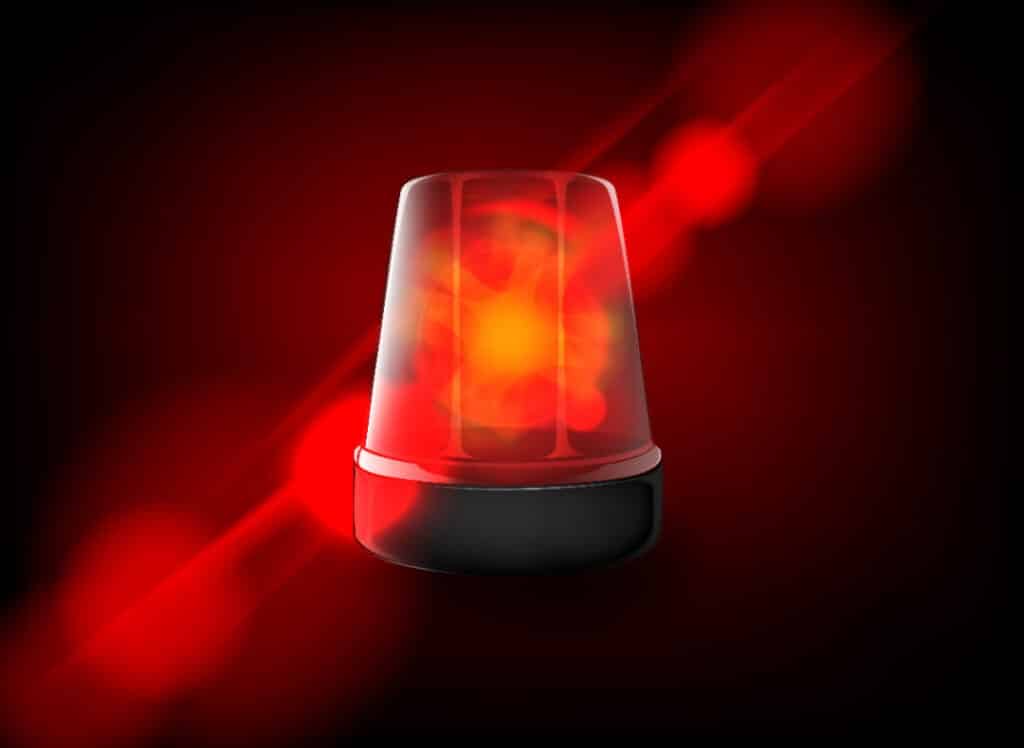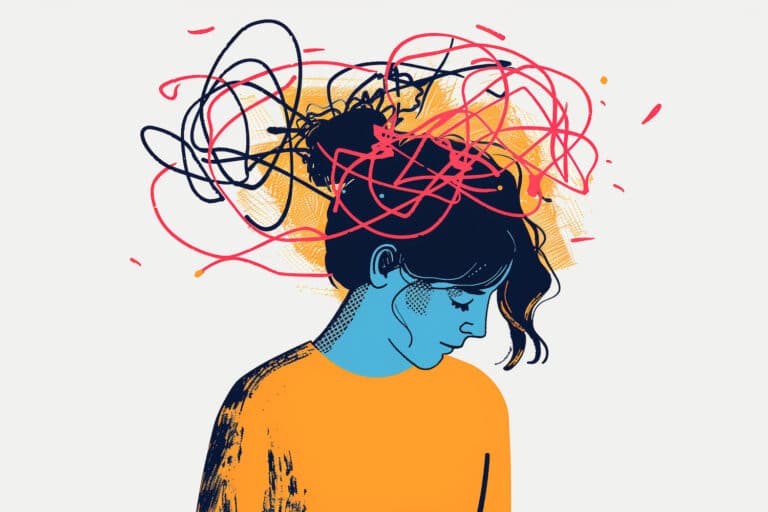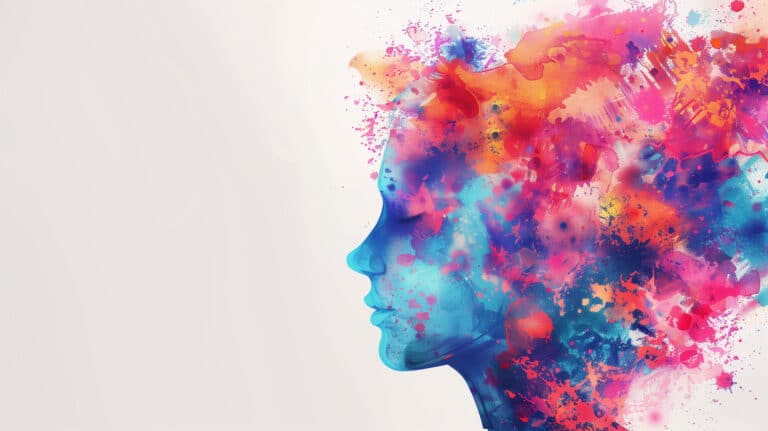An eating disorder is a disease that negatively affects one’s health and well-being over time. The longer an eating disorder continues, the higher the risk for severe physical and psychological consequences. So, when do eating disorders become life-threatening? We’ll look at behaviors and warning signs that may alert you when to seek help.
Ways to Tell If Someone I Know Is Suffering from an Eating Disorder
Individuals who suffer from eating disorders often hide their struggles. It’s crucial to recognize eating disorder warning signs to know when to approach someone and offer your support. You will most likely notice disordered eating patterns or unusual eating habits. Common symptoms of an eating disorder include the following (1):
- Weight loss
- Fixation on body image and weight
- Skipping meals or severely restricting certain types of foods
- Preoccupation with healthy eating (orthorexia)
- Avoiding gatherings that involve food
- Excessively chewing or over-cutting food into tiny pieces
- Isolating oneself from friends and family
- Increased depression or anxiety
- Eating in secret
- Frequent body checking
- Exercising excessively
- Overeating
- Going to the bathroom during or right after meals
- Using laxatives or diet pills
- Russel’s sign (calluses on the knuckles from self-induced vomiting)
- Dental problems such as enamel loss and tooth decay
- Swollen salivary glands in the cheeks
- Gastrointestinal issues like abdominal pain, constipation, or diarrhea
- Dry, itchy skin and brittle nails
- Hair loss
- Brain fog or difficulty concentrating
- Dizziness, weakness, or fainting
- Cold intolerance
Warning Signs That Eating Disorders Are Becoming Life-threatening
Eating disorders become life-threatening when they affect how your body functions. These complications occur because of the starvation caused by anorexia and the purging behaviors associated with bulimia. Hunger can lead to osteopenia and osteoporosis, severe dehydration, electrolyte imbalances, cardiac arrhythmias, and organ failure. Purging can cause cardiac arrhythmias, severe dehydration, electrolyte and metabolic imbalances, esophagitis, and esophageal rupture.
The signs of these complications are bone fractures, low blood pressure, slow or irregular heartbeat, fatigue, dizziness or fainting, abdominal pain, and blood in vomit or stool. Getting professional help is vital at any stage of an eating disorder. However, if you or someone you know is experiencing these symptoms, you should seek immediate support (2).
What to Do If I Think I’m Developing an Eating Disorder
If you think you might be developing an eating disorder, the best thing you can do is talk to someone. It may be difficult to talk about your eating disorder. You may be experiencing feelings of guilt or shame, and you may fear that you’ll be judged. Choose someone you feel comfortable with and trust to support you through this difficult time. Also, seek professional help. You can request a referral from your healthcare provider or search online for professionals specializing in eating disorders, such as therapists and dietitians. Getting professional help will give you the best chance to prevent serious physical and emotional complications and achieve long-term recovery.
How to Help Someone Who Is Struggling with an Eating Disorder
The best way to help someone with an eating disorder is to let them know you are there for them. Individuals suffering from eating disorders are going through a tough time alone and in isolation. It is best to have an open and honest conversation without being judgmental when approaching someone about their eating disorder. Let them know that you will be there to assist them in finding treatment and support them throughout their recovery journey.
Resources for Individuals Suffering from an Eating Disorder
A wide range of resources is available to get help for an eating disorder. Online resources can provide directories of eating disorder treatment centers and support groups, and are fantastic for informational purposes. These resources can help keep you and your family educated and motivated as you navigate eating disorder recovery. However, nothing can replace professional treatment. Professional medical support, therapy, and nutrition counseling are necessary for a complete and successful recovery.
Seeking help from a mental health professional specializing in eating disorders is the best way to ensure you receive the care you need. If you believe you or your loved one is showing signs of an eating disorder, reach out to our team of eating disorder professionals at Magnolia Creek and learn how treatment can benefit you or your loved one. Contact us to speak to a team member today.
Resources
- Mayoclinic. (2023, March 28). Eating disorders. https://www.mayoclinic.org/diseases-conditions/eating-disorders/symptoms-causes/syc-20353603
- Rome, E.S. & Ammerman, S. (2003). Medical complications of eating disorders: an update. Journal of Adolescent Health, 33, 418-426. https://www.jahonline.org/article/S1054-139X(03)00265-9/fulltext
Author Bio:
Kate Delaney Chen, BSN, RN-BC is a healthcare writer and registered nurse with over 17 years of bedside experience. She specializes in Psychiatric Nursing and Nephrology and currently works at a nationally recognized inpatient Eating Disorders Program.




